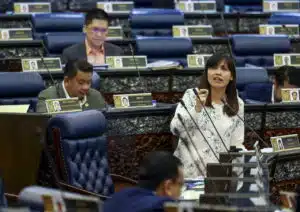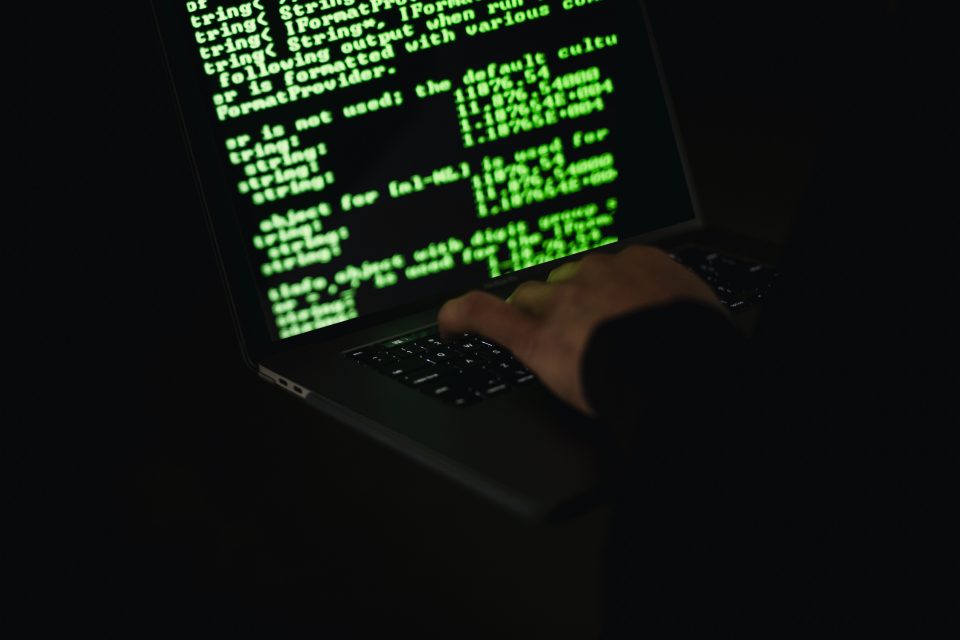KULAI, April 1 — The public does not need to panic about the daily increase in cyber attacks as the government has several agencies, particularly the National Cyber Security Agency (Nacsa), which constantly monitors these matters.
Deputy Communications Minister Teo Nie Ching said the attacks, carried out via various platforms, are not new, especially as digital telecommunication networks become more advanced.
“So far, the public does not need to worry. Yes, indeed, these matters (cyber attacks) occurred following international situations, especially involving sensitive and hot issues. Because of this, the government has formulated the Cyber Security Bill.

“This bill aims to defend Malaysia’s critical infrastructure, including data centres, hospitals, as well as banking and communication systems. All of these are very important security assets for the country,” said the Kulai MP to the press after hosting an iftar event in her constituency yesterday.
Teo also urged the public to remain calm and to continue to trust and have confidence in national security agencies, including the Defence Ministry and the National Security Council, over these cyber threats.
“They are among the agencies which can protect sensitive data and information involving national security,” she said.
On Saturday (March 30), Defence Minister Datuk Seri Mohamed Khaled Nordin said the country’s defence system is subjected to about 3,000 cyber attacks daily, especially after Malaysia declared its support for Palestine.
On Tuesday (March 26), the Dewan Rakyat passed the Cyber Security Bill 2024 aimed at enhancing Malaysia’s cyber security via compliance with specific measures, standards, and processes in managing cyber security threats.
Digital Minister Gobind Singh Deo said that according to the bill, there are 11 sectors defined as Critical National Information Infrastructure (CNII) sectors, including government, banking and finance, transportation, defence and national security, as well as the information, communication, and digital sectors.
— Bernama





